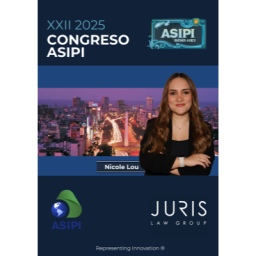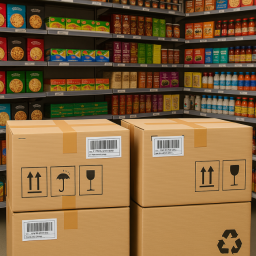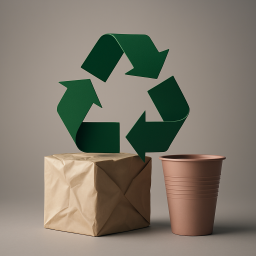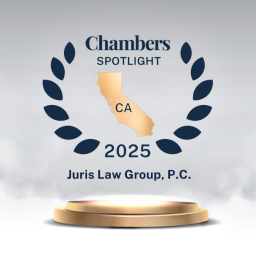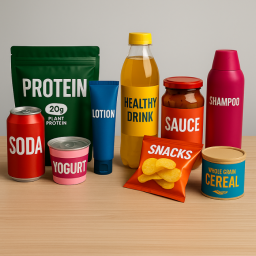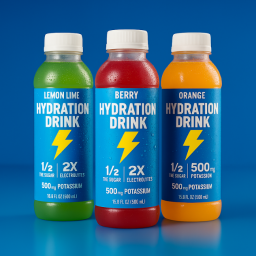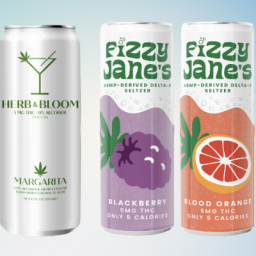
Colgate-Palmolive recently announced a partnership with biomaterials company Erthos to use its AI platform, Zya, for developing sustainable biopolymers in packaging. While this innovation signals a major step toward eco-friendly consumer products, it also raises important legal and regulatory questions. From intellectual property rights to green marketing compliance, companies adopting AI in packaging must carefully navigate the legal landscape.
What is Colgate-Palmolive’s AI biomaterials initiative?
Colgate-Palmolive is working with Erthos to apply AI-powered biomaterials discovery to its packaging. The Zya platform is designed to accelerate the creation of compostable, bio-based alternatives to plastic. Commercialization is expected by 2026, giving Colgate-Palmolive a first-mover advantage in sustainable packaging.
Why does AI in packaging development raise legal questions?
The use of artificial intelligence in material discovery creates several legal concerns:
- Intellectual Property (IP): Who owns the rights to an AI-discovered material? The brand, the AI developer, or both? Patent law is still evolving around AI-generated inventions.
- Licensing & Contracts: Companies must carefully structure agreements with AI vendors like Erthos to define ownership, use rights, and indemnities.
- Liability Risks: If an AI-assisted material later proves defective or misleadingly marketed, questions of responsibility will arise.
What laws govern biomaterials and sustainability claims?
CPG companies adopting biomaterials face a patchwork of regulatory frameworks:
- FTC Green Guides: The Federal Trade Commission regulates environmental marketing claims, including “biodegradable,” “compostable,” and “recyclable.” Updates are underway that could impose stricter requirements.
- State Laws: California has been especially aggressive, with SB 54 on plastic reduction, Prop 65 on toxic chemical warnings, and labeling laws targeting misleading “green” claims.
- FDA Oversight: For packaging that comes in contact with food, the FDA regulates safety and approval of new materials.
Failure to comply can result in false advertising lawsuits, consumer protection claims, or enforcement actions.
How can companies manage AI legal risks in product development?
To minimize exposure, CPG companies should:
- Clarify IP Ownership: Ensure contracts with AI vendors clearly state rights to discoveries.
- Strengthen Compliance Programs: Update advertising review processes to account for new FTC Green Guides and state-specific requirements.
- Establish AI Governance: Adopt internal policies for ethical AI use, liability allocation, and risk management.
- Vet Sustainability Claims: Work with legal counsel to verify “green” claims before going to market.
What lessons can the industry take from Colgate-Palmolive?
This move highlights both opportunity and risk. Companies that embrace AI in materials innovation can gain competitive and sustainability advantages. But without proper legal safeguards, they risk litigation, regulatory penalties, and reputational harm.
At Juris Law Group, we counsel CPG leaders on intellectual property, regulatory compliance, and risk management for emerging technologies. Our experience positions us to help clients capture the benefits of innovation while staying protected.
FAQs
Who owns IP created by AI platforms like Zya?
It depends on the contract. Without clear terms, ownership could be disputed between the brand and the AI vendor.
What are the risks of making “compostable” claims?
If the packaging doesn’t break down as advertised, companies could face FTC enforcement or class action lawsuits.
Could AI discoveries be patented?
Yes, but current law generally requires a human inventor. Companies must structure claims carefully to avoid rejection.
How soon will new FTC Green Guides impact packaging claims?
The updated guidance is expected soon and may tighten rules around recyclability, degradability, and net-zero claims.
Why should companies act now?
Because regulators and plaintiffs’ attorneys are already targeting greenwashing and misleading sustainability claims, especially in California.
Final Takeaway
Colgate-Palmolive’s partnership with Erthos is a clear signal that AI is no longer just about data and marketing, it is shaping the physical products consumers touch every day. For CPG companies, the path forward is twofold: harness innovation for sustainability while proactively addressing the legal complexities of AI, IP, and environmental compliance. Those who balance these priorities will not only lead in eco-friendly innovation but also safeguard themselves from the costly pitfalls of litigation and regulatory enforcement.

